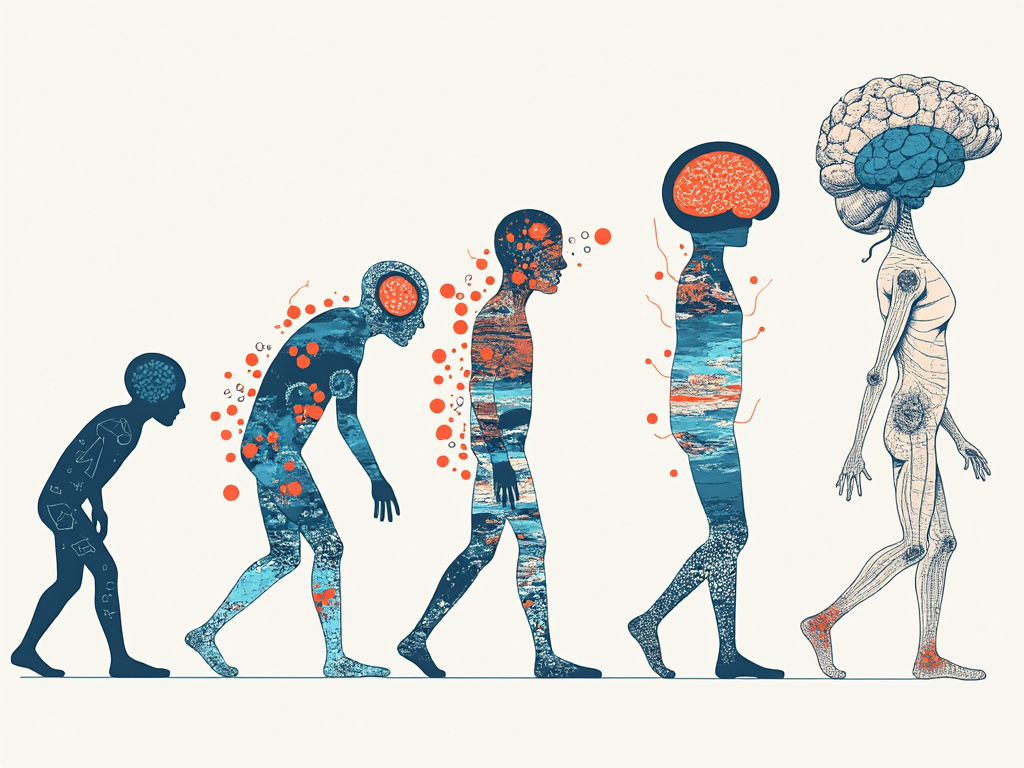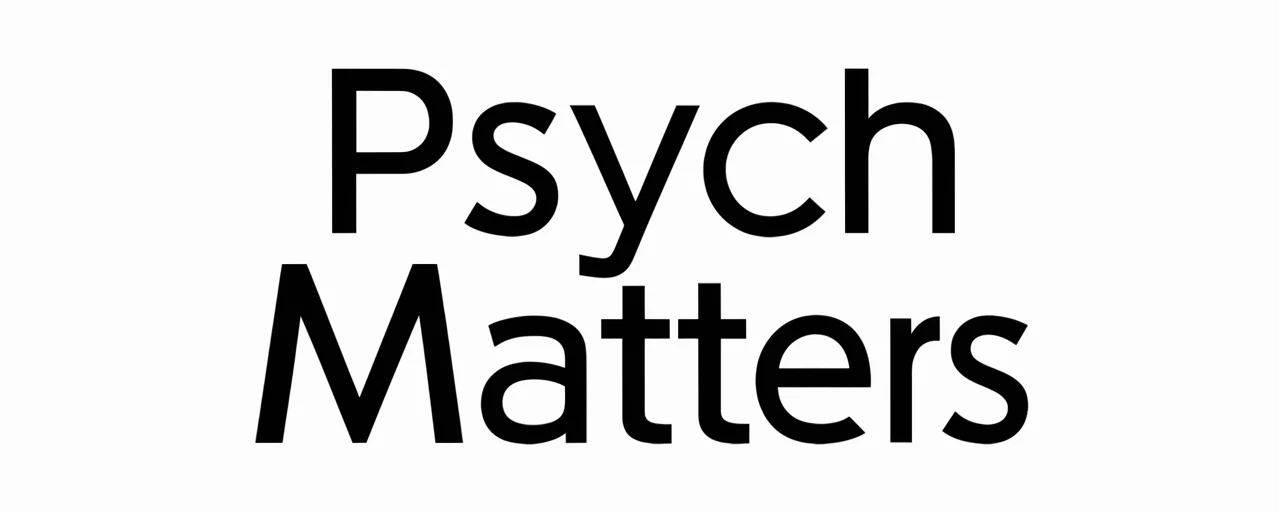Modern Psychological Theories vs. Postmodern Approaches: A Comparative Analysis
The contrast between modern and postmodern approaches has sparked rich debates and diverse methodologies in the ever-evolving landscape of psychology. This article aims to comprehensively compare these two influential paradigms, exploring their key differences, strengths, and implications for contemporary psychological practice and research.
Understanding the Foundations
Modern Psychology
Modern psychological theories, which dominated from the late 19th to mid-20th century, are rooted in the scientific method and seek to uncover universal laws of human behavior. These approaches emphasize objective observation, empirical evidence, and the application of scientific methodologies to understand human cognition and behavior.
As noted by Lyon et al., modern psychology has strong ties to practical applications:
“Human-centered design (HCD) is an approach that grounds product development in information collected about the people and settings that will ultimately use those products. HCD has strong roots in psychological theory, but its application is typically limited to the development of digital technologies.” [Lyon et al., 2020]
This quote highlights how modern psychological theories often aim to directly apply to real-world scenarios, such as product development and user experience design.

Postmodern Psychology
Postmodern approaches, emerging after World War II, challenge the notion of objective reality and universal truths. They emphasize the subjectivity of experience, the importance of social and cultural context, and the role of language in shaping our understanding of the world. Postmodern psychology encompasses diverse perspectives such as social constructionism, feminist psychology, and narrative therapy.

Key Areas of Comparison
1. Nature of Reality
- Modern: Believes in an objective reality that can be studied and understood through scientific methods.
- Postmodern: Argues that reality is socially constructed and that multiple interpretations can coexist.

2. The Concept of Self
- Modern: Views the self as relatively stable and shaped by early experiences.
- Postmodern: Sees the self as fluid and multifaceted, influenced by social context and discourse.

3. Research Methods
- Modern: Favors quantitative research, controlled experiments, and statistical analysis.
- Postmodern: Emphasizes qualitative methods, narrative analysis, and the importance of individual experiences.

4. Therapeutic Approach
- Modern: The therapist is often seen as an expert who diagnoses and treats pathology.
- Postmodern: Therapy is viewed as a collaborative process, with the therapist facilitating self-discovery and empowerment.

Evolution in Implementation Research
The field of psychology has seen shifts in focus over time. Lyon et al. note:
“Although classic models of implementation emphasized the importance of innovation characteristics in their adoption and sustained use, contemporary implementation research and practice have deprioritized these variables.” [Lyon et al., 2020]
This shift represents a move away from traditional, modern approaches, potentially aligning more with postmodern perspectives emphasizing context and adaptability.

Integrating Approaches: Human-Centered Design
One area where modern and postmodern approaches might find common ground is in Human-Centered Design (HCD). Lyon et al. suggest:
“The current article reviews the psychological origins of HCD and details pathways through which HCD theories and methods can be leveraged to advance the ‘core tasks’ of contemporary implementation research and practice in psychology.” [Lyon et al., 2020]
HCD’s focus on user experience and context aligns with a postmodern emphasis on individual perspectives, while its systematic approach satisfies modern psychology’s need for structured methodologies.
Critique and Limitations
Modern Approaches
- Often criticized for being reductionist and ignoring social context
- May perpetuate power imbalances in therapeutic relationships
- Can overlook individual differences in favor of generalizable theories
Postmodern Approaches
- Accused of extreme relativism, which can make empirical research challenging
- May lack the structured frameworks needed for consistent therapeutic interventions
- Criticized for potentially hindering effective treatment by overly focusing on subjective experiences
Current Trends and Future Directions
The field of psychology continues to evolve, with many practitioners and researchers advocating for integrative approaches that combine the strengths of both modern and postmodern perspectives. This integration is particularly evident in cultural psychology, where the scientific rigor of modern approaches is combined with the contextual sensitivity of postmodern theories.
Lyon et al. outline specific applications that showcase this integration:
“These include (a) identification of multilevel implementation determinants through specification of user needs and contexts; (b) tailoring of implementation strategies, such as contextually driven intervention redesign; and (c) evaluating implementation mechanisms and outcomes, including disentangling how the core HCD focus on usability relates to closely associated implementation variables such as acceptability, feasibility, and appropriateness.” [Lyon et al., 2020]
These applications demonstrate how modern and postmodern approaches can be integrated to address complex psychological challenges comprehensively.

Conclusion
While modern and postmodern psychological approaches differ significantly in their fundamental assumptions and methodologies, both contribute valuable insights to our understanding of human behavior and mental processes. As the field continues to evolve, integrating elements from both paradigms may lead to more comprehensive and effective psychological theories and practices.
The ongoing dialogue between these approaches encourages critical thinking, promotes diverse perspectives, and ultimately enhances our ability to address complex psychological issues in an ever-changing world. As Lyon et al. conclude:
“Collectively, these applications provide directions through which to leverage the mature field of HCD, maximize psychology’s return on its early theoretical investment, and promote the large-scale impact of findings from across the applied fields of psychology.” [Lyon et al., 2020]
This integration of modern and postmodern approaches holds great promise for advancing the field of psychology and its practical applications in the years to come.
Resources
- Lyon AR, Brewer SK, Areán PA. Leveraging human-centered design to implement modern psychological science: Return on an early investment. Am Psychol. 2020;75(8):1067-1079. doi:10.1037/amp0000652
Further Reading
- Boyd RK. Psychological Theories and Low-Wage Work. Journal of Human Behavior in the Social Environment. 2014;24(1):16-25. doi:10.1080/10911359.2014.844616
- Condon P, Makransky J. Sustainable Compassion Training: Integrating Meditation Theory With Psychological Science. Front Psychol. 2020;11:2249. Published 2020 Sep 3. doi:10.3389/fpsyg.2020.02249
- Ermentayeva AR, Adrysheva BM, Gumilyov L. UNDERSTANDING OF SELF-IMAGE AND SELF-CONCEPT IN TRADITIONAL AND MODERN PSYCHOLOGICAL THEORIES. 2015.
- Parton NR. Postmodern and constructionist approaches to social work. 2009.
- Slife B, Fisher A. Modern and Postmodern Approaches to the Free Will/Determinism Dilemma in Psychotherapy. Journal of Humanistic Psychology. 2000;40(1):107-180. doi:10.1177/0022167800401008







